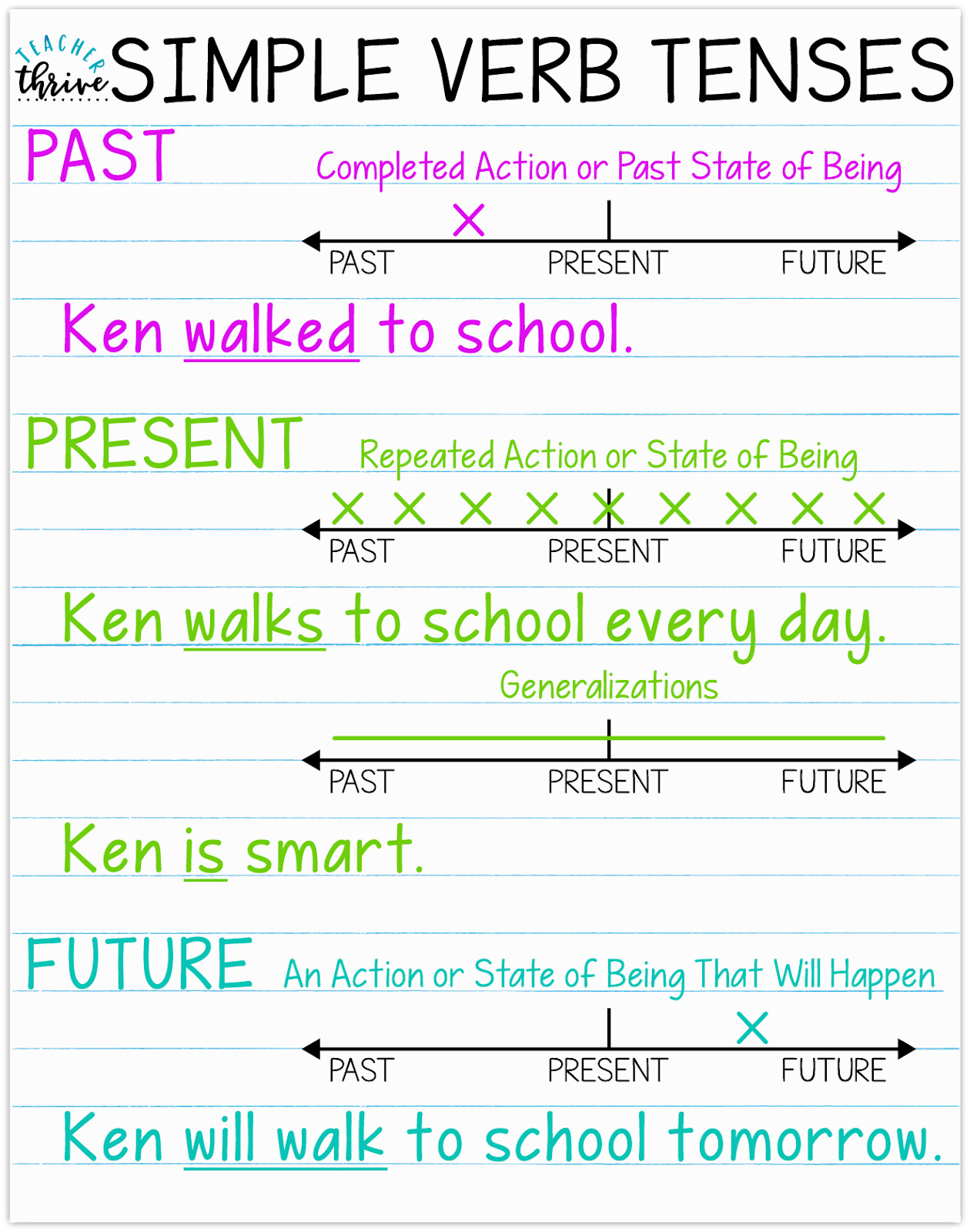


Some heart blocks don’t need any treatment, but some do.
Difference between imcomplete and imcomplete ivcd portable#
Your doctor might want you to wear a portable ECG monitor to get a reading of the electrical activity of your heart over a longer period of time.

The results of an ECG can also show the type of heart block you have. Heart block is often diagnosed whilst your having routine tests for other conditions.Īn electrocardiogram (ECG) can help to detect heart block, because it measures the electrical activity of your heart. However it can also happen naturally in people with a normal heart and no heart problems. ageing of electrical pathways in your heart.congenital heart disease, for example hole in the heart.coronary heart disease, including heart attack.The cause of heart block will depend on the type you have but can include: There might also be sudden pauses in the electrical activity in your heart, which can make you feel dizzy and lightheaded. An example of this is when atrial flutter (a fast heart rhythm) alternates with a slow heart rhythm. If your sinus node doesn’t work properly, your heartbeat can become too fast or too slow, or switch between fast and slow rhythms. Your sinus node is responsible for telling your heart when to beat. Tachybrady syndrome happens when your heart’s sinus node (your heart’s natural pacemaker) doesn’t work properly. Right bundle branch block - can happen naturally in people with no heart disease, but can also be caused by an underlying heart condition.Ī bundle branch block itself doesn’t need any treatment but if there is an underlying heart condition, you may need treatment for that condition.Left bundle branch block - which could be a sign of an underlying heart condition which you may need treatment for.There are two types of bundle branch blocks: The blockages can be seen as a particular pattern on an ECG. The delay or block can happen on the pathway that sends electrical signals to either the left or right side of the ventricles. Bundle branch blocksĪ bundle branch block is when electrical impulses travel through the ventricles (the bottom chambers of your heart) slower than is normal, because of a block in the electrical pathway. In some people, these heart blocks are always there, whilst in other people, they can come and go.ĪV heart blocks might turn into higher degree AV heart blocks if they're left untreated. Some people with heart block can have a very low heart rate.

Second- and third-degree heart blocks can cause symptoms which include: First-degree heart block, which usually doesn’t cause symptoms or need treatment.There are different ‘degrees’ of AV heart block: There are three main types of heart block:Īn AV heart block happens when the electrical impulses are delayed or blocked as they travel between your atria (the top chambers of your heart) and your ventricles (the bottom chambers of your heart). Heart block happens when the flow of electricity from the top to bottom of the heart is delayed or blocked at some point along the pathway.


 0 kommentar(er)
0 kommentar(er)
